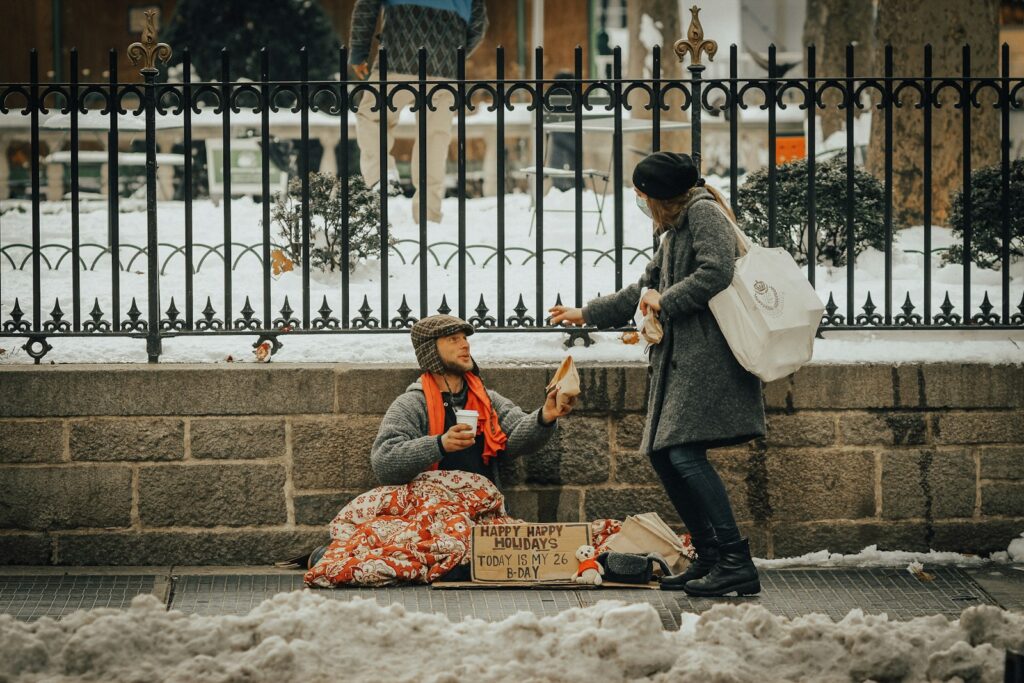In the heart of Lagos, where the ebb and flow of humanity painted a diverse tapestry, I found myself drawn into the intertwined lives of a widow and a working-class lady whose worlds collided in unexpected ways.
Meet Ngozi, a widow whose days were an intricate dance of survival. With the loss of her husband, the burden of providing for her family fell squarely on her shoulders. As fate would have it, Chidinma, a compassionate working-class lady, entered Ngozi’s life as an employer in need of a housekeeper.
At first, their relationship blossomed as a delicate dance of compassion. Chidinma, touched by Ngozi’s resilience, extended a helping hand without expecting anything in return. Two months in a row, she assisted Ngozi with additional funds, offering a lifeline in a city that demanded unwavering strength.
As I listened to Chidinma narrate this tale, the tone of her voice shifted, carrying a subtle hint of concern. The once-grateful Ngozi had transformed from a recipient of kindness into an assertive demander of assistance.
“You won’t believe it,” Chidinma sighed, “she now demands my help as if it’s her entitlement. What started as a genuine act of kindness has become a source of stress.”
Ngozi, it seemed, had grown accustomed to the extra support and now saw it as a fixture in her monthly budget. The delicate dance of gratitude had transformed into a relentless demand, and Chidinma found herself at a crossroads, grappling with the unintended consequences of her generosity.
As she shared the evolving dynamics, Chidinma couldn’t help but ponder the complexities of altruism in a city like Lagos. Beneath the surface of seemingly selfless acts lay the potential for expectations to unravel, creating an unspoken contract that shifted the balance of the relationship.
“All of us in Lagos are mad,” Chidinma chuckled, acknowledging the unpredictable nature of human interactions in the city. The tale of Ngozi and Chidinma became a poignant reflection of the delicate dance between gratitude and expectation, a reminder that even the purest intentions could, over time, morph into something entirely different.
As the observer in this unfolding drama, I couldn’t help but contemplate the fine line between benevolence and unintended obligation, wondering if the unraveling demands of gratitude were an inherent part of the complex mosaic that defined life in Lagos.

